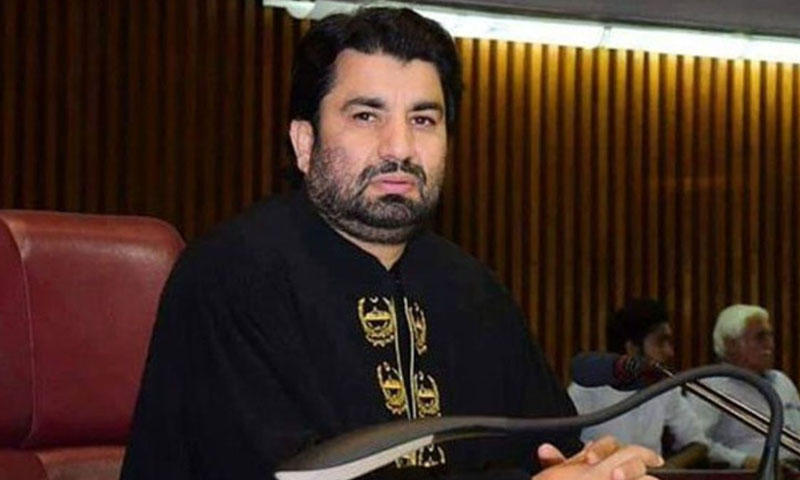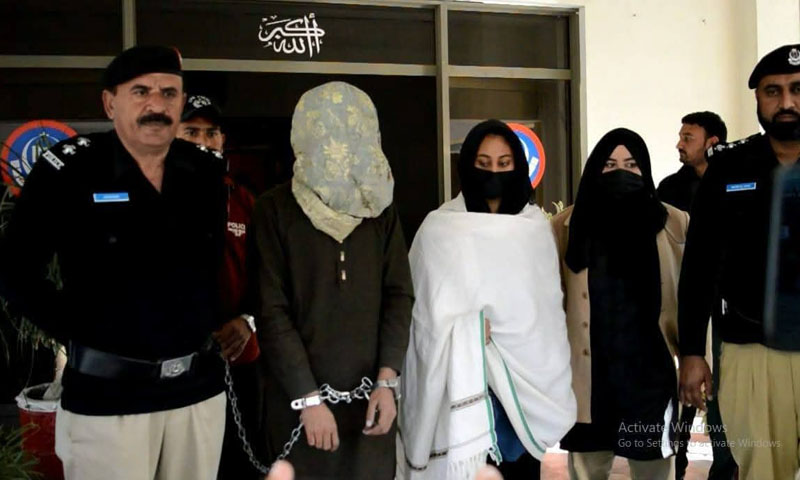- Web
- Feb 05, 2026
ECP declares e-voting for overseas Pakistanis unsafe citing hacking risks
-

- Ahsan Wahid Web Desk
- Feb 21, 2025

ISLAMABAD: The Election Commission of Pakistan (ECP) told the Supreme Court on Friday that granting e-voting rights to overseas Pakistanis was unsafe and posed security risks.
The Supreme Court heard the case regarding granting e-voting rights to overseas Pakistanis.
The ECP’s counsel informed the court that a pilot project for e-voting had been completed in 35 constituencies, and its report had been submitted to the Senate committee.
The ECP’s IT director told the court that the e-voting system had faced severe cyberattacks lasting between one to three hours, with hacking attempts originating from India, Israel, and the Philippines.
He warned that granting access to every overseas Pakistani would further increase the risk of hacking.
Justice Muhammad Ali Mazhar questioned the effectiveness of the recently installed firewall if e-voting posed such a security threat.
Justice Jamal Khan Mandokhail remarked whether the Supreme Court would be held responsible if the system failed.
Lawyer Uzair Bhundari argued that the ECP was deliberately depriving overseas Pakistanis of their voting rights because they were supporters of the PTI founder Imran Khan. However, Justice Musarrat Hilali disagreed with his contention saying “there is no such thing.”
Also read: ECP flags risks in e-voting for overseas Pakistanis as senate panel explores options
Commenting on arguments by lawyer Arif Chaudhry, Justice Jamal Mandokhail remarked that if the Supreme Court were to decide everything, then Parliament should be shut down.
In response, Chaudhry said that, in reality, efforts were being made to shut down the Supreme Court to run the Parliament.
The court directed the ECP to provide its reports to all parties and adjourned the hearing indefinitely.
The case concerning giving rights to overseas Pakistanis via e-voting started in 2018 when the PTI government proposed an e-voting system to grant voting rights to overseas citizens. However, various political parties and stakeholders raised objections, particularly over security concerns and the potential hacking.
In 2020, the ECP launched a pilot project for overseas e-voting, conducting trials in 35 constituencies.
As the pilot project progressed, multiple security risks emerged, and cyberattacks targeted the system. The ECP later declared e-voting unsafe and indicated the need for further deliberation.




